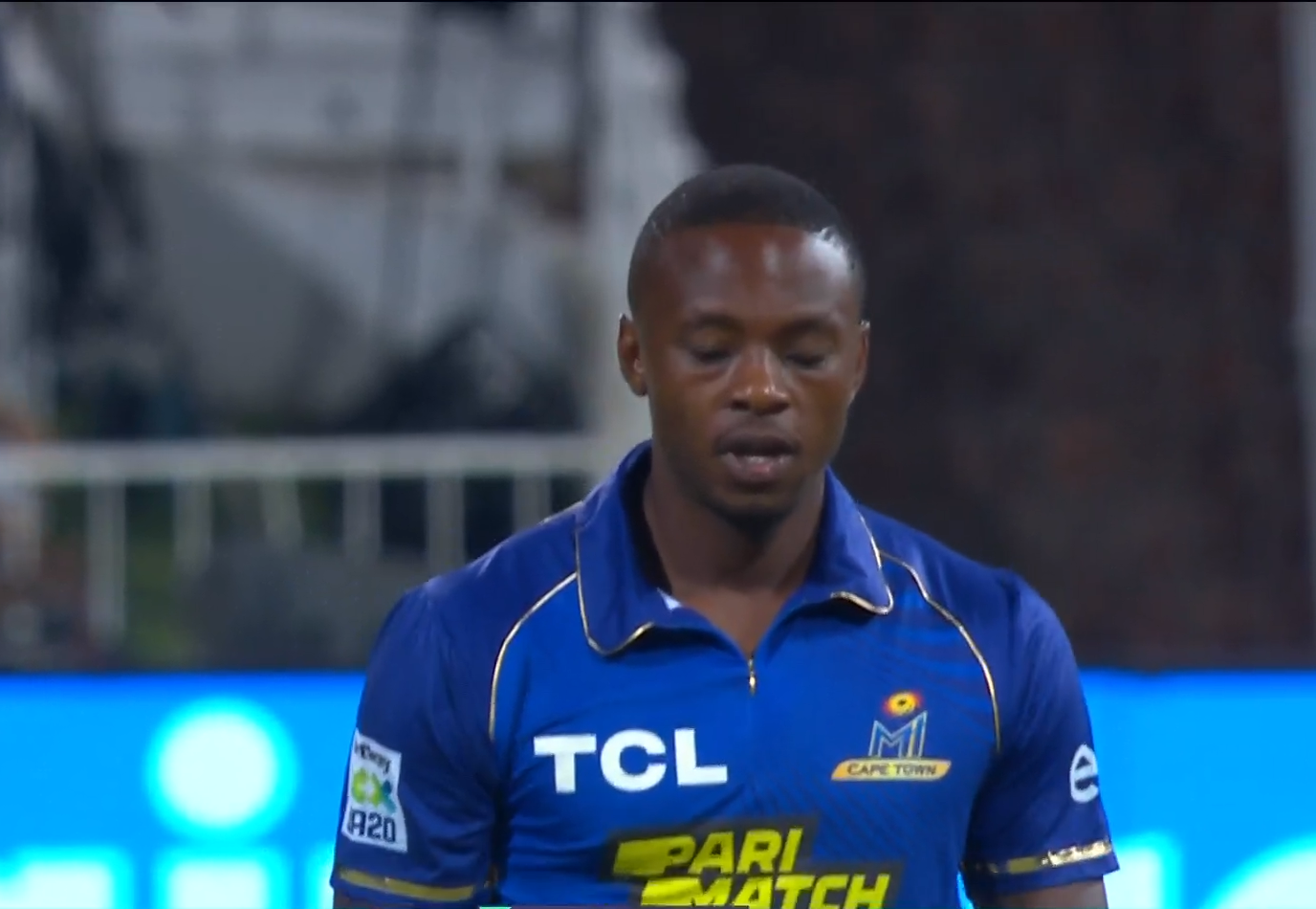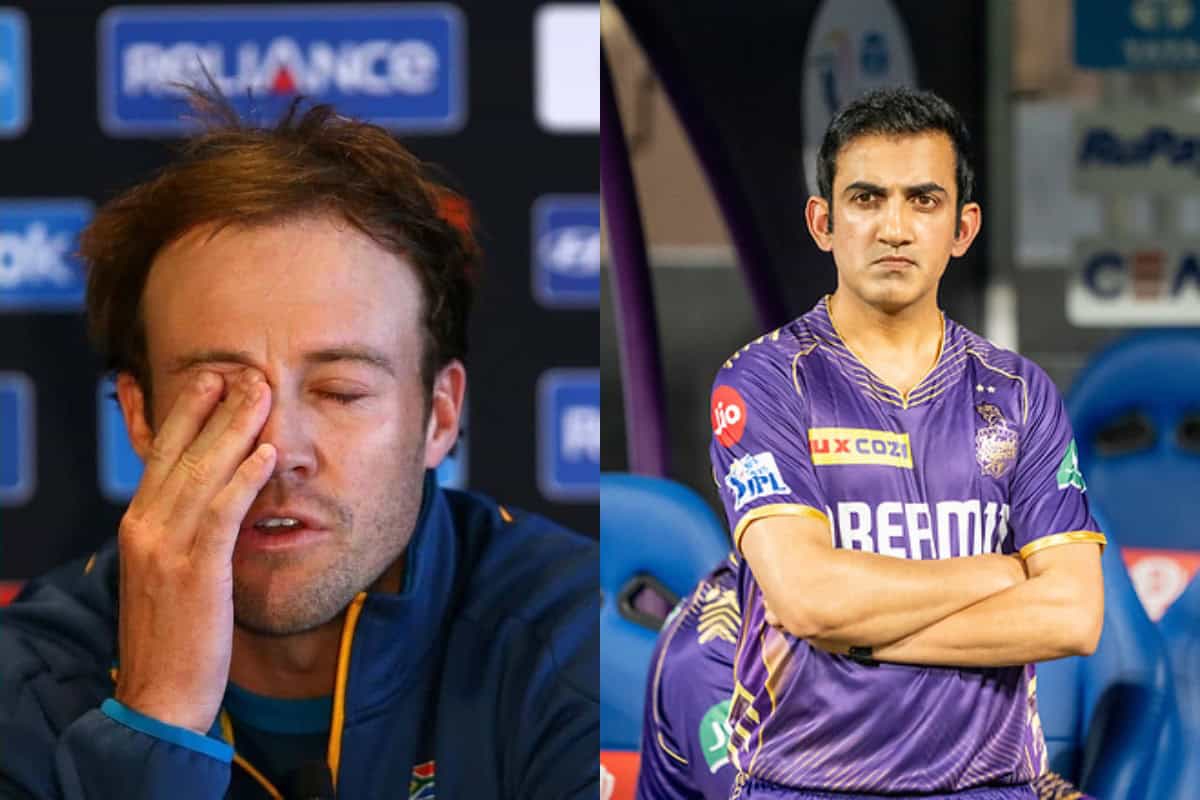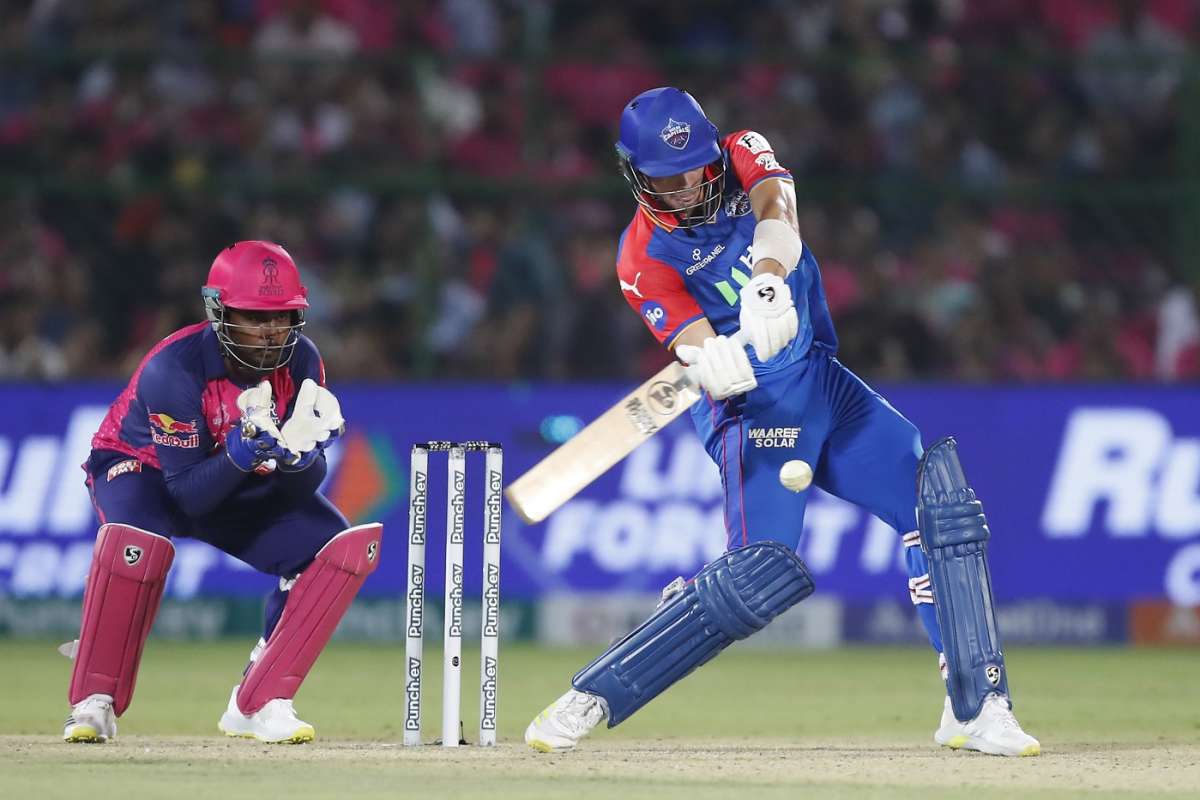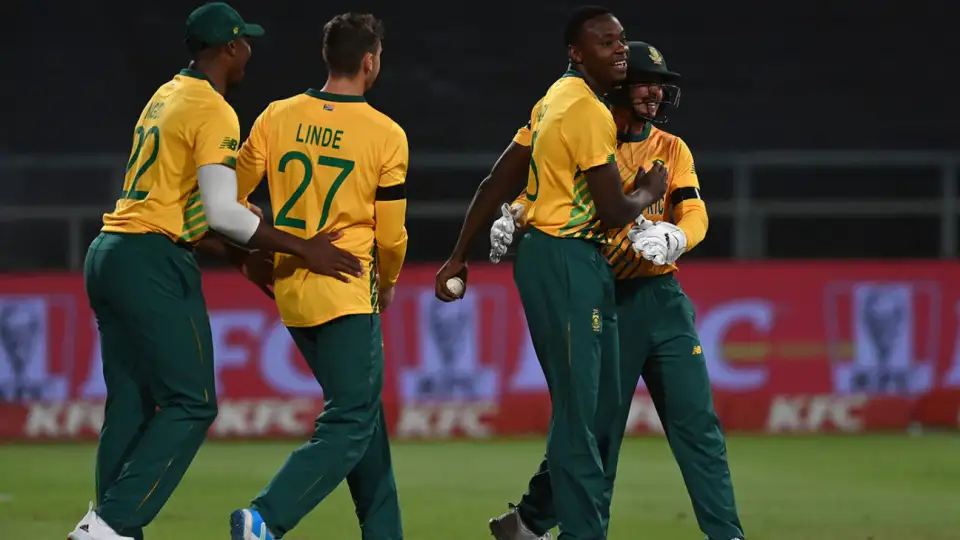I’m uncertain about David Teeger’s political or social beliefs. He appears to be a bright, well-educated young man. He is striving to become only the sixth self-identified Jewish cricketer to play international cricket for South Africa. The history isn’t particularly rich, though Dr Ali Bacher stands out as one of the notable figures.
At just eighteen years old, Teeger is undoubtedly under tremendous pressure, both internally and externally, to forge a path that doesn’t quite exist yet. Furthermore, I imagine that receiving the Jewish Rising Star Award in November 2023 must have felt like an opportunity for him to highlight a more significant issue. The Israeli-Palestinian conflict had been ongoing for about a month in the Levant, and he would have wanted to draw attention to the war and the actions of the Israeli Defence Force. So he did. In doing so, he effectively invited history to judge his comments, rather than his performances on the field.
I’m not going to adjudicate the war in the Middle East, nor discuss whether Teeger’s actions were appropriate, or if the behaviour of the IDF constitutes a war crime or just standard wartime conduct. I have no definitive answer. I hold an opinion, but it’s not an informed one, so it serves no purpose to air it publicly.
What I will do, however, is use this as another example of the futility in attempting to dissociate sports from politics. It’s simply not feasible. It would be ideal to live in a world where we could watch sports without considering the political implications of the games. But that’s unrealistic. The recent draw for the World T20, to be held later this year, saw India and Pakistan placed in the same group. This was expected. They have been drawn to face each other every year since their early exits in the 2007 Cricket World Cup, which cost the International Cricket Council their most significant revenue source. Dave Richardson, the former ICC chief, openly acknowledged that the World Cup draws were engineered to ensure at least one India-Pakistan clash. The reason the ICC is so eager for this match is because of the intense rivalry, which is entirely political in nature. I won’t delve into the politics, but the rivalry between India and Pakistan extends well beyond the cricket field. The animosity across their borders is something the ICC capitalises on. Similarly, the sole reason South Africa is hosting the Under 19 World Cup is due to political interference in the Sri Lankan Cricket Board. South Africa itself was barred from international cricket for 20 years because of apartheid.
It is utterly impractical to separate sport from politics. This was evident last week in football, when Franz Beckenbauer, who passed away recently, was booed during the match between Real Madrid and Atletico Madrid because apparently, observing a minute of silence is haram. The examples are countless, but sports do not exist in a vacuum. Especially a sport like cricket, where the highest level is essentially nations competing against each other. In such a context, every action, word, and deed is subject to scrutiny. It is regrettable that Teeger lost his captaincy. But it serves as a timely reminder that we don’t live in a fantasy world, and sports cannot be isolated from the real world.






Leave a Reply